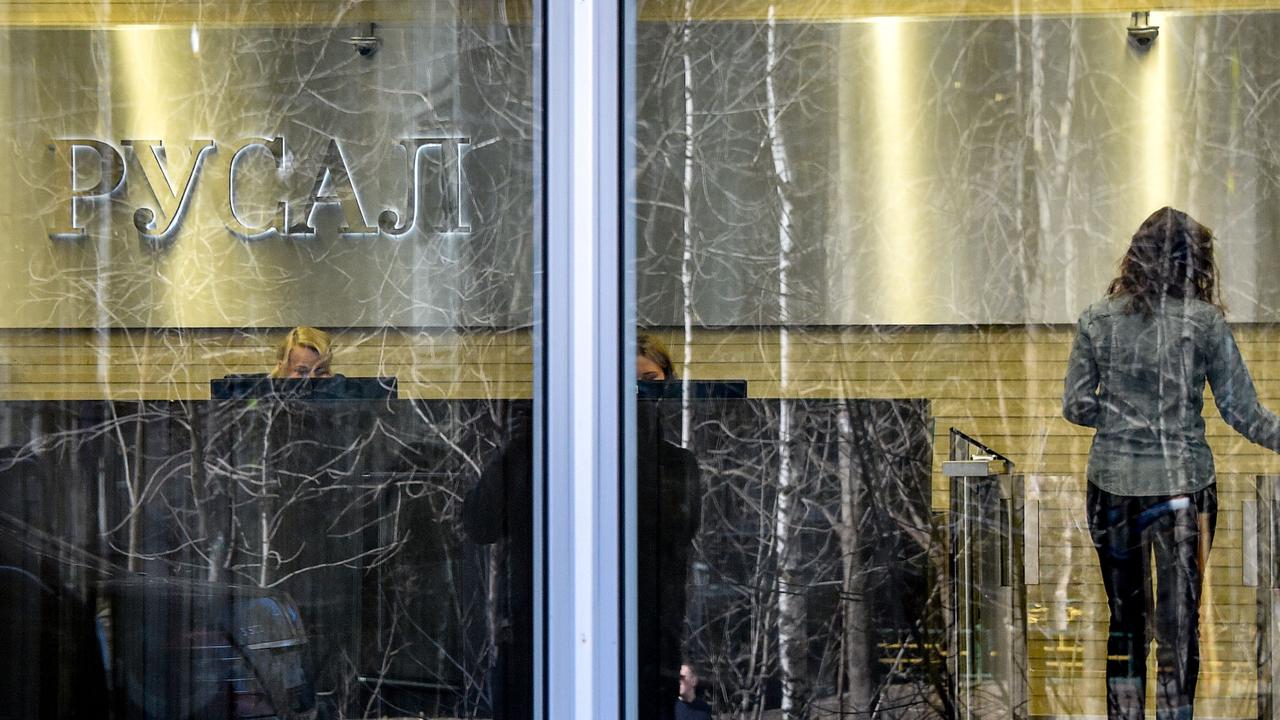South32 strikes its own riches
South32 is still young, but the miner has vindicated its strategy and shown the power of good management.

When South32 was demerged from BHP Billiton less than two years ago there were those who disparagingly dubbed it “CrapCo.” That was always absurd, as today’s interim results demonstrate, in spades.
The combination of good management and good fortune can be powerful, as the dramatic contrast between the $US1.75 billion loss the company incurred in the first half of last financial year, a result studded by asset writedowns, and the $US620 million profit South32 unveiled today, has shown.
That South32 was able to ride easily through the big trough in commodity prices early last year was due largely to the quality of the team and balance sheet BHP awarded the company when it spun it off to its shareholders in 2015.
Graham Kerr and his team had to build a new company essentially from scratch around a disparate collection of first-rate assets deemed to small and non-strategic for BHP. They’ve done that, deploying a regional model similar to the one BHP itself is adopting, while maintaining an uncompromising focus on costs.
Today’s result, which includes the payment of the group’s maiden dividend of US3.6 cents a share, which will absorb about $US192 million, is the outcome of the group’s disciplined development and execution of a clear strategy of getting its foundations right by optimising what it inherited before lifting its gaze.
On its preferred basis, South32’s underlying earnings (which exclude the impact of foreign exchange movements and derivative gains or losses) soared from $US26m to $US479m.
Underlying earnings before interest, tax, depreciation and amortisation (EBITDA) nearly doubled, from $US542m to $US1.06bn. That’s in line with the average EBITDA the assets within South32 generated within BHP during the generally booming decade before the demerger.
The seachange that occurred in key commodity markets in the second half of last year was an obvious driver of the latest performance, with prices adding $US661m to underlying earnings before interest and tax. The $US239m of controllable costs taken out of the business, which means the group has hit its original targets for cost reductions well ahead of schedule, were also a significant influence.
With the flood of cash — free cash flows were $US626m in the half — pouring into a balance sheet that had no net debt, South32 now has a remarkable $US859m of net cash which the dividend payment will only dent.
Late last year Kerr made his first acquisition, a cleverly structured deal to buy Peabody’s Metropolitan project in NSW, close to South32’s Illawarra coal operations. The face value of the deal, $US200m, is cheap in the context of metallurgical coal prices that spiked last year but the deal involves a formula for sharing the upside to coal prices by splitting the cash flows above trigger points this year.
That de-risked the deal for South32 and enabled it to get the assets at an attractive price. If the sharing mechanisms are triggered, it’s a win for both parties.
Within the assets transferred from BHP there are a host of brownfield projects, some of which Kerr has begun to act on and others that are the subject of intensive evaluations. South32 is also involved in a number of joint ventures and has an interest in early exploration partnerships, which could be low-risk opportunities to deploy capital.
Those options, and a continuing lookout for sensible acquisitions, as well as the volatility of commodity prices and the level of uncertainty over whether the current pricing environment will hold, explain why Kerr and his board want to maintain an ultraconservative balance sheet.
What the South32 team have demonstrated so far is that they are disciplined, they execute well and are driven by shareholder value considerations rather than by ambitions of growth for growth’s sake. They now manage a company valued at more than $14bn.
It’s still very early in the life of South32 but it is now starting to realise some of the promise that BHP said it had when it decided, as part of its own simplification program, to lump most of its non-core assets together in a newly-created vehicle, give it to its shareholders, and leave Kerr and his team to create a proper company around them.



To join the conversation, please log in. Don't have an account? Register
Join the conversation, you are commenting as Logout